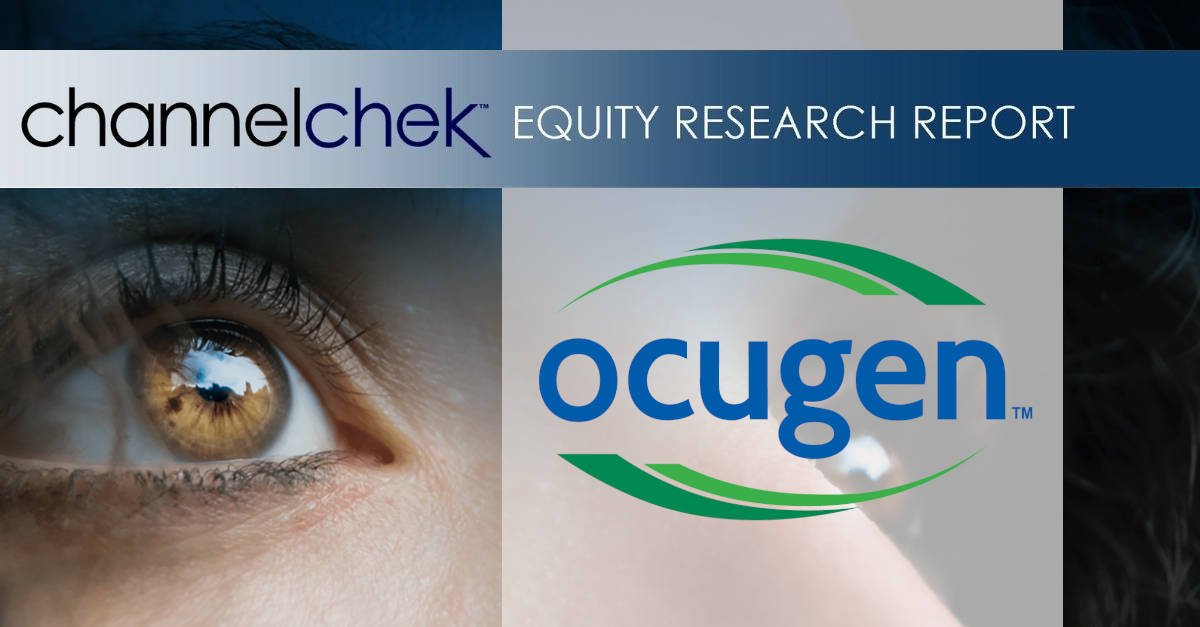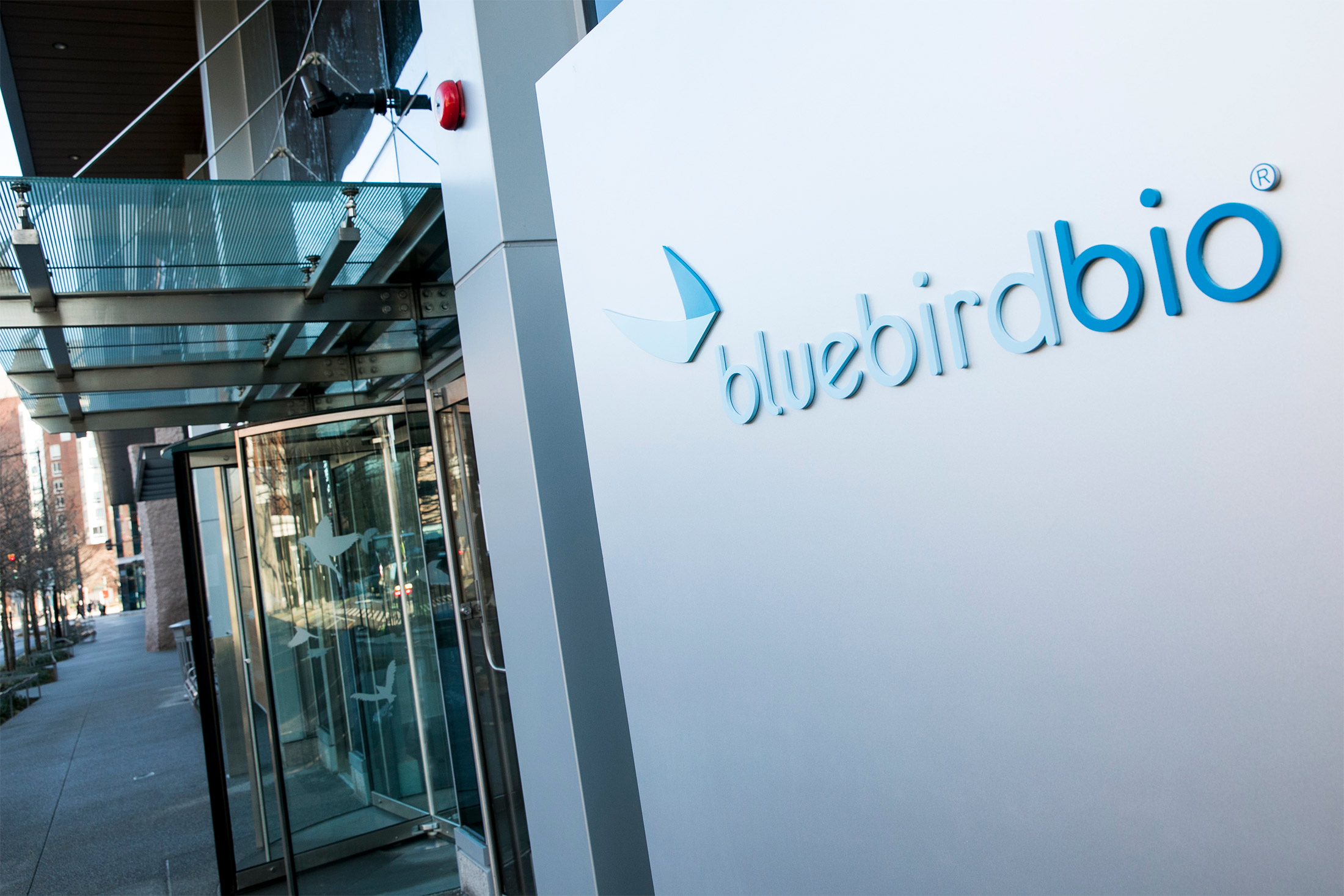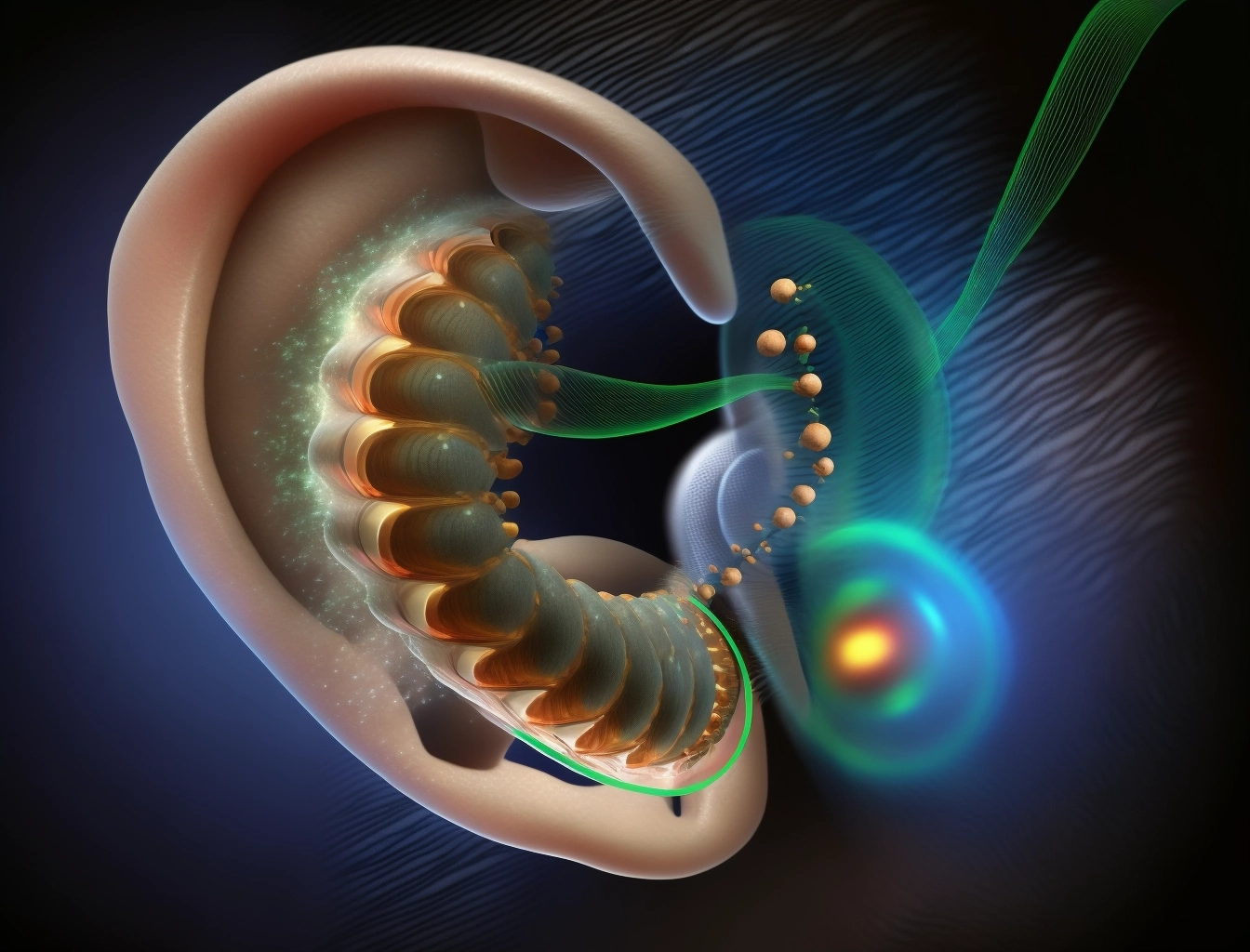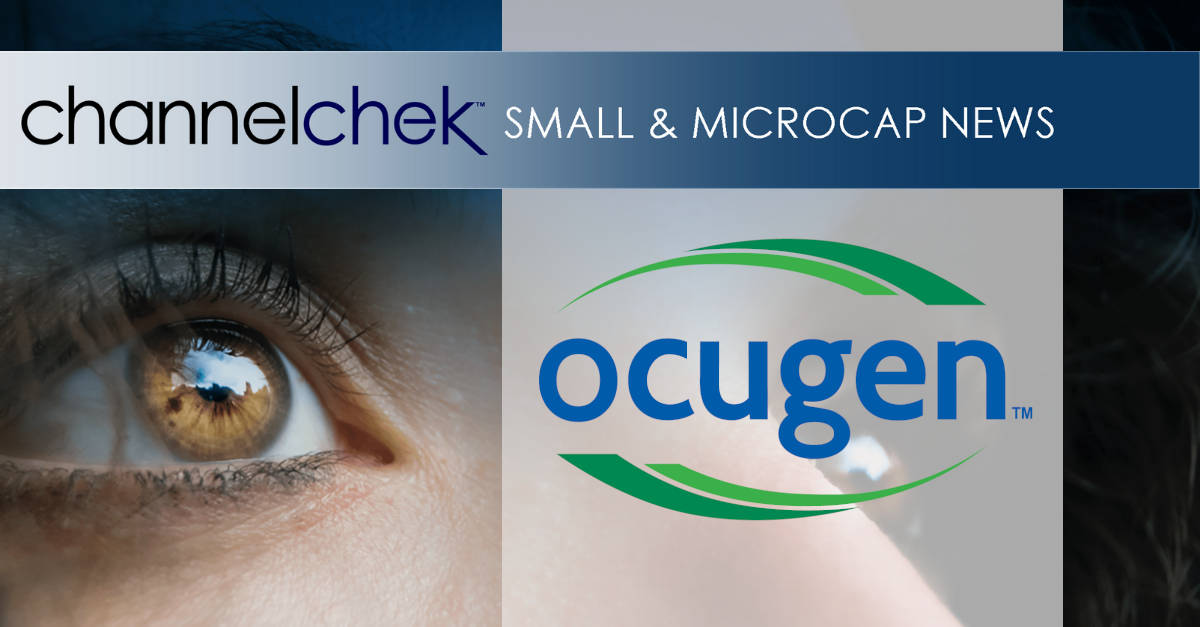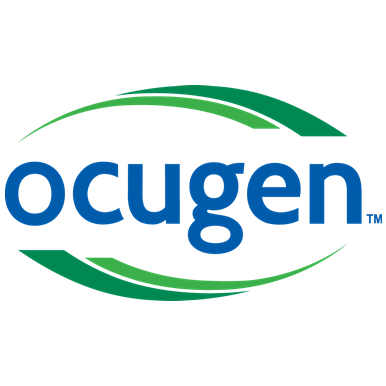Swiss pharmaceutical giant Novartis AG announced plans to acquire Avidity Biosciences for approximately $12 billion in cash, a move aimed at deepening its focus on rare and neuromuscular diseases while navigating an increasingly complex U.S. trade and regulatory landscape.
Under the terms of the agreement, Avidity shareholders will receive $72 per share, representing a 46% premium to the company’s most recent closing price. The acquisition, expected to close later this year pending regulatory approval, underscores Novartis’ aggressive strategy to expand its biotech capabilities and offset upcoming patent expirations on several of its blockbuster therapies.
The deal also includes the formation of a new spin-off company, Spinco, which will house Avidity’s early-stage precision cardiology programs. Spinco is expected to operate as an independent, publicly traded firm, led by Avidity’s current Chief Program Officer, Kathleen Gallagher.
Headquartered in San Diego, Avidity Biosciences has gained attention for pioneering a new class of RNA-based therapeutics that directly target muscle tissue. Its lead candidate, Del-zota, is being developed to treat a rare subtype of Duchenne muscular dystrophy (DMD), a debilitating genetic disorder that leads to progressive muscle weakness. Avidity is also advancing two other promising treatments for serious neuromuscular diseases, all of which leverage its proprietary antibody oligonucleotide conjugate (AOC) platform.
For Novartis, this acquisition offers a timely expansion into rare disease treatments — a sector experiencing growing investor interest due to high unmet medical needs and favorable regulatory incentives. The move is consistent with Novartis’ 2024 acquisition of Kate Therapeutics, another biotech developing gene therapies for muscle diseases, as well as its 2025 deals with Anthos Therapeutics and Regulus Therapeutics, collectively strengthening its position in genetic and cardiovascular medicine.
The rare disease market has become an increasingly competitive frontier for pharmaceutical innovation. Analysts note that Novartis’ acquisition spree is partly driven by its looming patent cliff, as flagship drugs such as Entresto, Xolair, and Cosentyx approach the end of their exclusivity periods. By acquiring companies like Avidity, Novartis not only diversifies its revenue base but also positions itself at the forefront of next-generation therapeutics that could define the next decade of biotech innovation.
The acquisition also carries strategic geopolitical undertones. With the Trump administration imposing 39% tariffs on Switzerland earlier this year, Swiss-based pharmaceutical companies face heightened uncertainty over U.S. trade policy. Expanding operations through American biotech acquisitions helps Novartis maintain a strong U.S. presence and mitigate risks tied to international tariffs.
For small-cap investors, the transaction reinforces an ongoing trend in the life sciences sector: large-cap pharma companies are increasingly looking to buy innovation rather than build it in-house. Early-stage biotech firms with validated technologies, particularly in RNA, gene therapy, and rare disease research, continue to attract premium valuations in acquisition deals.
Ultimately, Novartis’ acquisition of Avidity Biosciences is more than just a growth strategy — it’s a signal of where the pharmaceutical industry is heading. With advances in RNA therapeutics and genetic medicine accelerating, investors can expect more high-value takeovers in the months ahead as established players race to secure the next generation of life-changing treatments.

